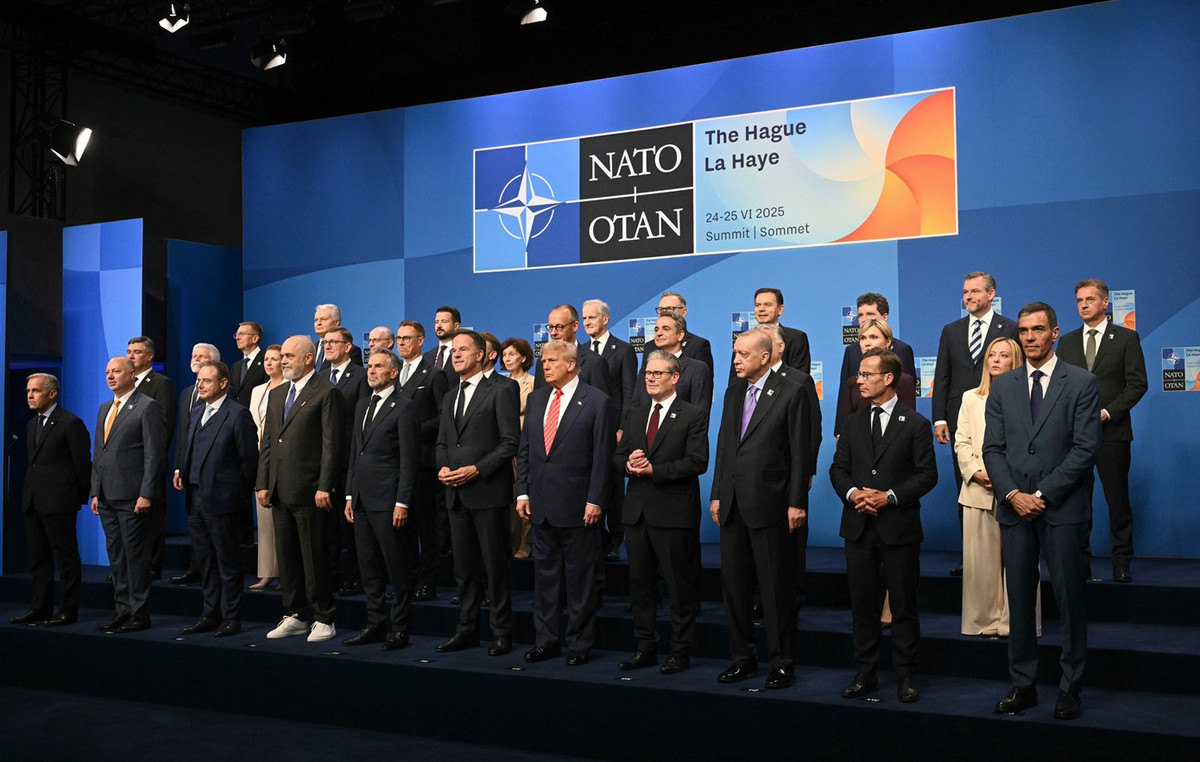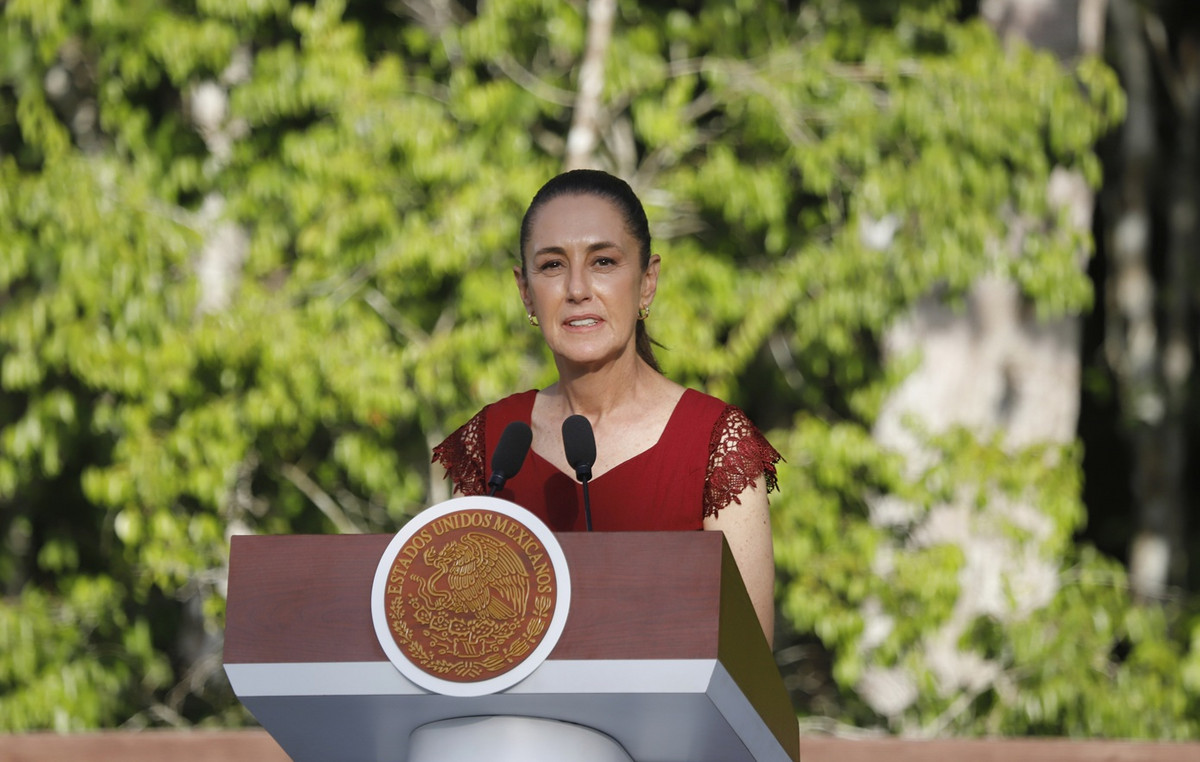The special conditions created by the war in Ukraine, the problems of the federal government coalition (SPD, Greens, FDP), but also the individual characteristics of the city-state of Berlinthey led him since 2016 ruling coalition of Social Democrats (SPD), Greens and Left in historic failure, with the Christian Democratic Party (CDU) to records win – upset and his best percentage since 2011. However, who will govern the long-suffering German capital the next day is something that remains unclear for the time being.
“Chaos”, “destruction”, “despair”, are words in use now from everyone to describe the situation in Berlin in recent years, both in the administration, which knows little about digitization and citizen service, and in dealing with permanent problems in housing and transport. Recently, the widespread violent incidents that occurred during the change of time, have once again drawn criticism for the way security issues are managed in the city. Franziska Gifai, one of the SPD’s “pullens”, was for years a municipal councilor in one of the most problematic areas of Berlin and then Minister of the Family, in the last government of Angela Merkel. She left this position when the questions surrounding her doctorate became public. Without answering them, a few months later Mrs. Gifai ran for office and in September 2021 was elected mayor-governor of Berlin. Those elections, however, were declared invalid last November, as “extensive and very serious irregularities” were found during the electoral process, which only confirmed the image of chaotic administration of the state.
But the Berlin elections, with the CDU winning for the first time since 1999, are a serious “poll” for the federal government coalition as well. Dissatisfaction with the SPD is not limited to the face of Francesca Gifai, while the FDP is also officially “indifferent”, at least in Berlin.
The problems of the two government partners are consolidating, while the Greens are also struggling to maintain their public, which expected more active and “green” policies from the party’s participation in the government. The federal CDU, however, got mixed messages tonight: leader Friedrich Merz emerges strengthened as he wins the third state, after Schleswig-Holstein and North Rhine-Westphalia, but realizes a critical lack of allies as the FDP rapidly loses power. He will therefore find himself more and more often in the difficult position of looking for partners from the opposite area. Chancellor Olaf Scholz himself is not expected to be charged with a significant share of the defeat in Berlin. Not a party leader, he participated in the election campaign and appeared repeatedly with the SPD candidate. The responsibilities ofare limited» in the creation of a generally negative climate for the SPD by the federal government.
Source: News Beast
With 6 years of experience, I bring to the table captivating and informative writing in the world news category. My expertise covers a range of industries, including tourism, technology, forex and stocks. From brief social media posts to in-depth articles, I am dedicated to creating compelling content for various platforms.







